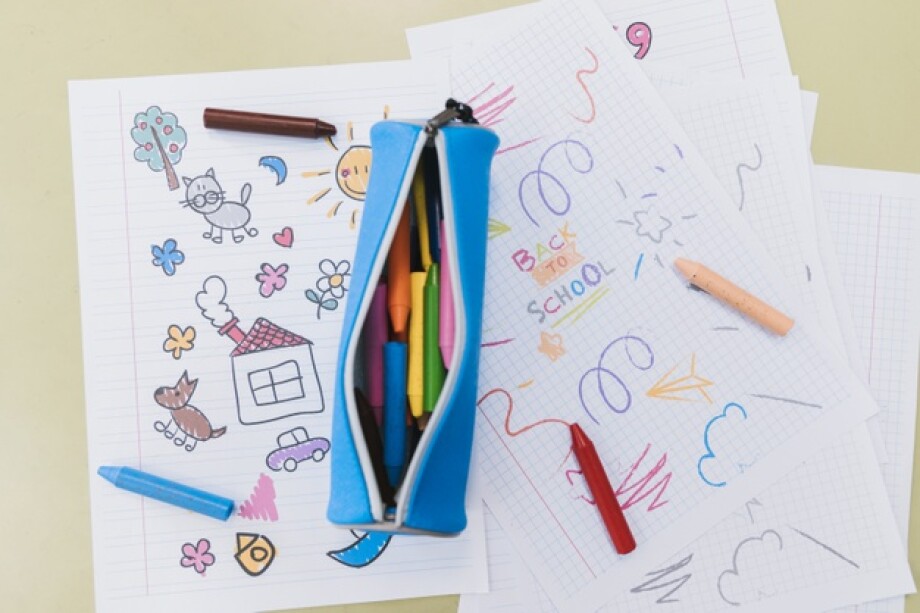The final goal of learning any language is fluent speaking. Young learners study lots of new vocabulary and grammar topics during the lessons. As a rule, after grammar or vocabulary presentation the students practise the material in the exercises (controlled or semi-controlled practice). However, sometimes it’s a real problem to organize appropriate freer practice with young learners. In this article we are going to look at the production stage with kids and its peculiarities.
What is production?
Production is the final step of teaching new grammar or vocabulary. At this stage teachers motivate students to speak freely, without prompts, prepared sentences, etc. Normally the main focus here is fluency, not accuracy. This stage is considered to be very important because it integrates new language with the learned and it gives an opportunity to use the language in a freer, creative way.
Why conducting production stage with kids can be challenging?
Mostly young learners are low-levels. They are really afraid of making mistakes, speaking without helping words and patterns. Leaving a comfort zone is a real stress for them. So, before moving to freer practise teachers need to make sure that they devoted enough time to controlled and semi-controlled practice and reduced all possible difficulties: drilled necessary words, asked concept checking questions, etc.
What are the typical tasks for freer practice?
— asking/answering questions
— problem-solving tasks (create a route from home to school, design an ideal dress, etc)
— role-play
— dialogue/monologue
— finding differences
— board games
— ranking
— creating or writing stories
Here you may see examples of tasks for freer practice.


Board games are marvellous for the production stage. The leading activity of young learners is a game, so they participate in such activities with great pleasure. It’s effective to establish the rule “no Russian when playing” and use English instructions.
Freer practice goes immediately after semi-controlled practice. As a result, all questions are familiar to students and they can cope with them successfully.
How to organize effective production?
— It’s essential to motivate kids to use new vocabulary and grammar in context.
— The teacher should give minimal assistance. At this stage he mainly works as a monitor.
— As we have already mentioned — the main focus at this stage is fluency, so it’s better to choose a delayed error correction, not an immediate one. It’s recommended not to interrupt the student as he may forget what he was talking about or just feel confused. In such a situation the main aim of the production stage won’t be achieved.
— If you teach starters or pre-beginners you may provide some visuals, examples of answers, plans and patterns to use in the answers. It certainly helps a student, he doesn’t lose concentration and as a result, reaches success.
— It’s more effective to move from simple tasks to more complicated ones.
— Make sure that your instructions for the task are clear, simple and precise. Use gestures, modelling and instruction checking questions if necessary. The main goal is to help a student fully understand what is required.
— Always set an example of the answer. It’s always simpler to show once rather than explain several times.
What are the possible problems and how to solve them?
Problem
The child doesn’t want to give full answers or actively participate in the activity.
Solution
Provide an example of an answer. Sometimes kids are just not confident enough in their abilities. Model the answer/dialogue and praise the student sincerely.
Problem
The student refuses to talk in English. He says that he doesn’t know how to say this or that word and uses Russian.
Solution
Make sure that essential patterns are drilled and practised in the exercises. Provide some prompts and useful phrases that will help a student to deliver his ideas. Teach some functional phrases, like “What is English for…?”. Surely, don’t forget to give encouraging feedback as every little effort should be praised.
Production stage is the logical ending of teaching grammar or vocabulary. It helps to teach the material communicatively as everything that is learned is immediately practised in real speaking. As a result, even young learners see how language works and have tools for communication.






 Вероника Аветисян
Вероника Аветисян 
 Маргарита Аветисян
Маргарита Аветисян 


